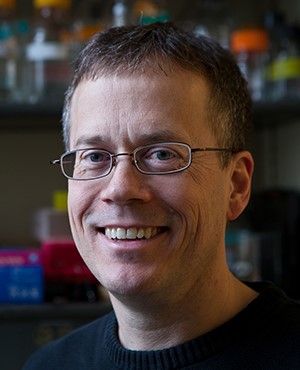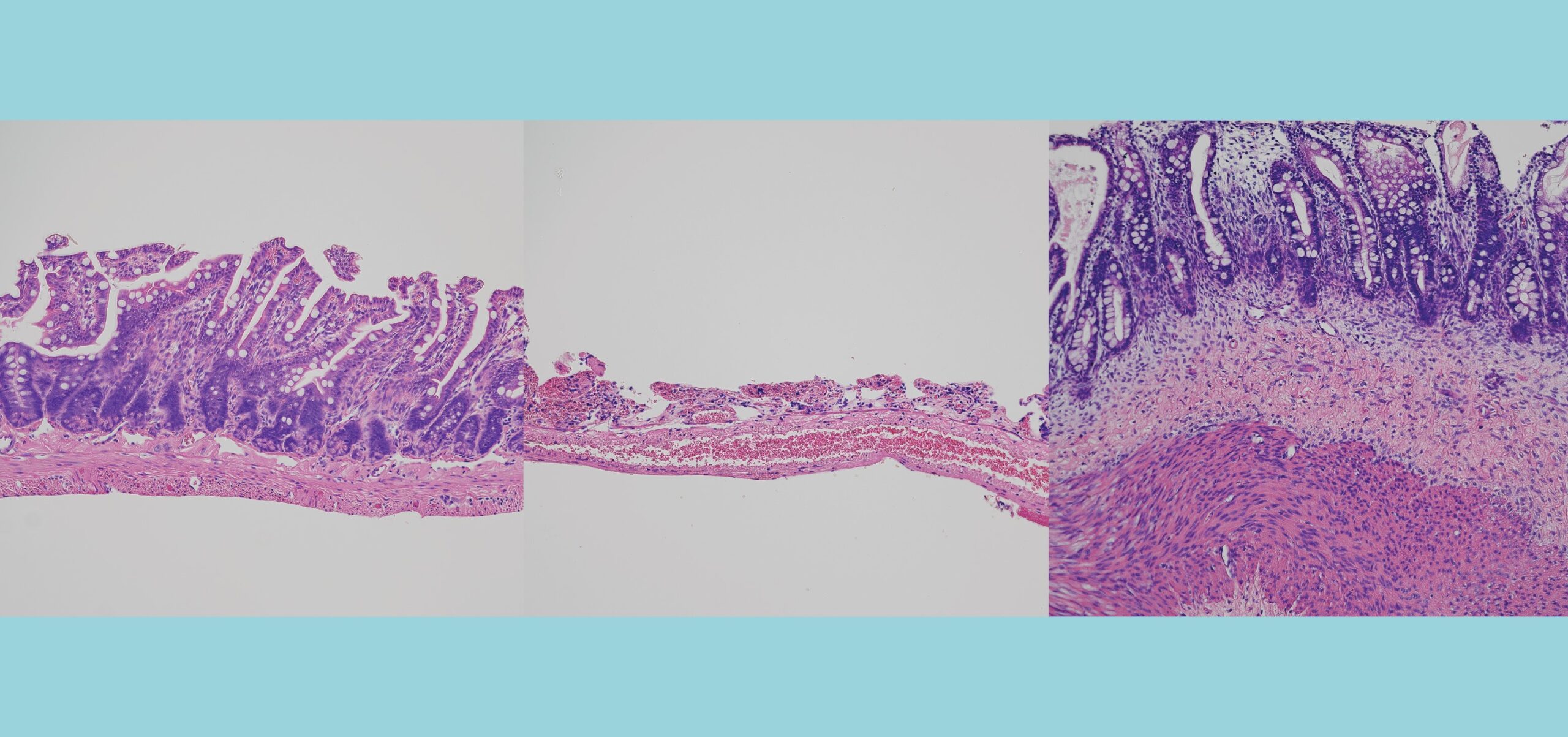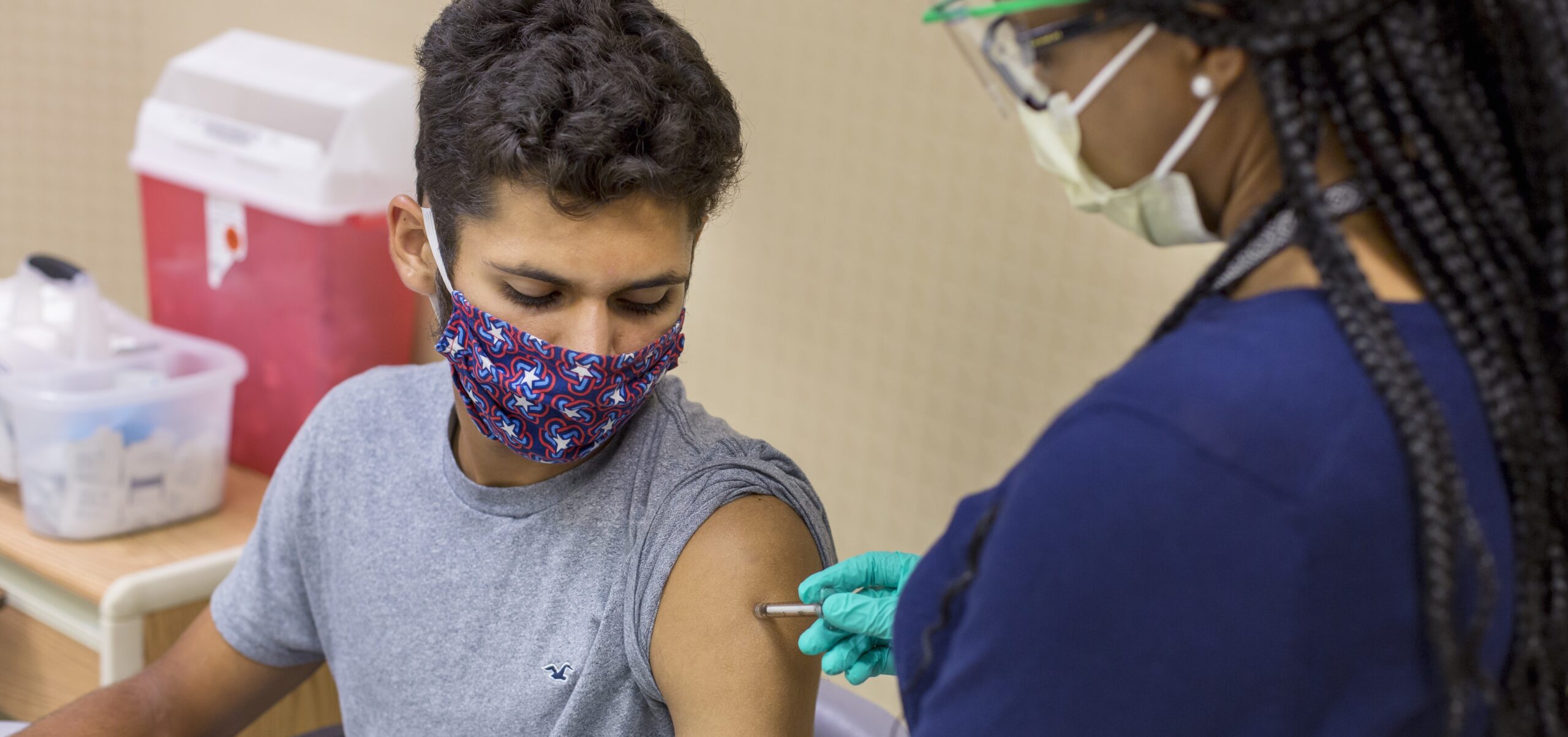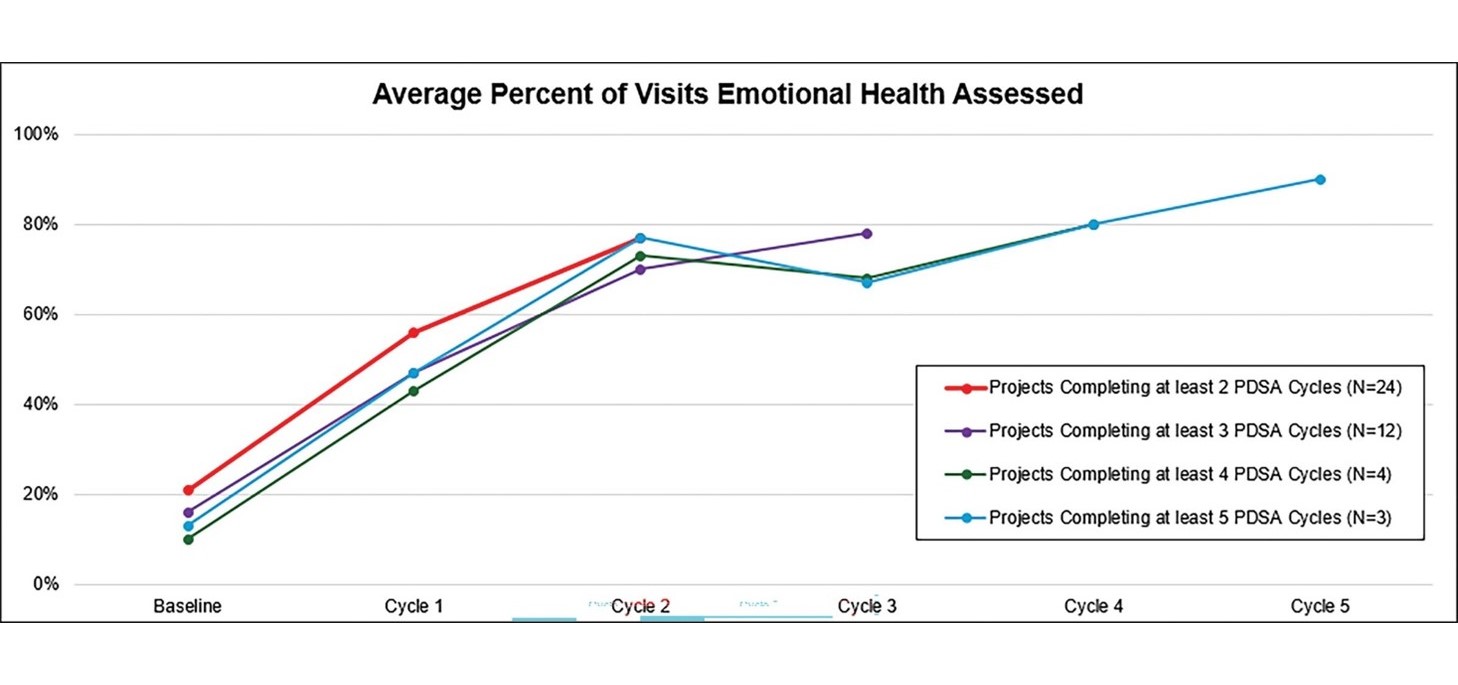First Human Esophagus Organoid Grown at Cincinnati Children’s
Research By: James Wells, PhD
Post Date: July 1, 2019 | Publish Date: Sept. 20, 2018
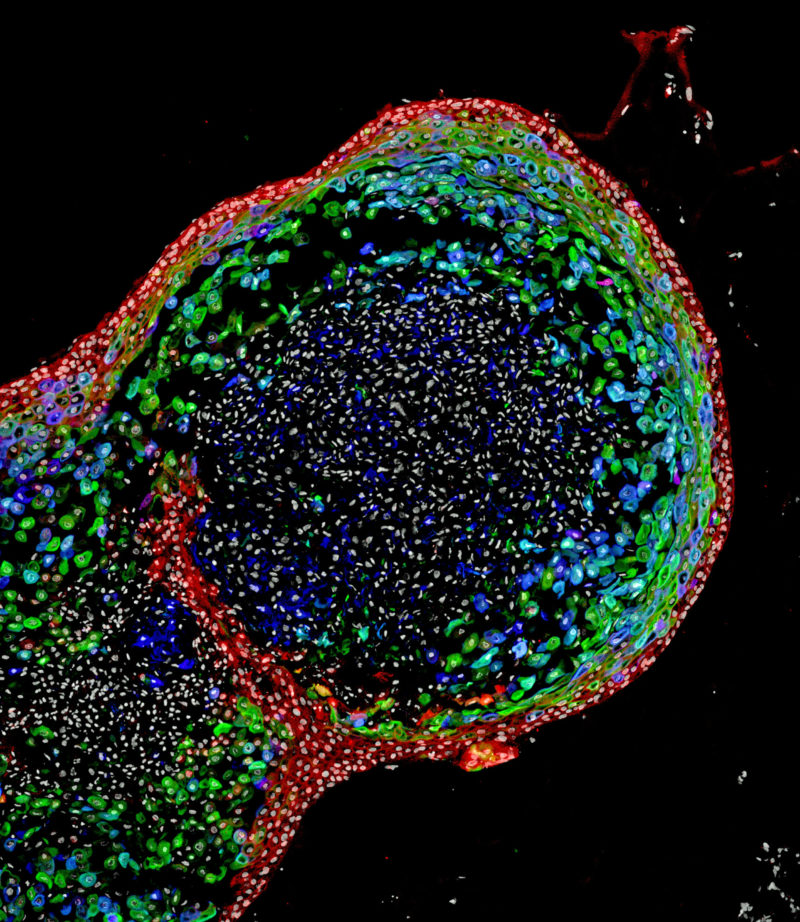
Researchers here have grown a human esophageal organoid entirely from pluripotent stem cells (PSCs). Scientists in our Center for Stem Cell and Organoid Medicine (CuSTOM) reported the breakthrough Sept. 20, 2018, in Cell Stem Cell.
This is the first success at growing human esophageal tissue entirely from pluripotent stem cells (PSCs), which can form any tissue type in the body. The latest advance follows previous successes at using PSCs to bioengineer human intestine, stomach, colon and liver organoids. The long-term goal: develop all the organoids needed to create an entire human gastrointestinal system on a chip.
“In addition to being a new model to study birth defects like esophageal atresia, the organoids can be used to study diseases like eosinophilic esophagitis and Barrett’s metaplasia, or to bioengineer genetically matched esophageal tissue for individual patients,” says lead investigator Jim Wells, PhD.
Many esophageal conditions need better treatments, be they congenital defects like esophageal atresia or conditions that appear later in life such as esophageal cancer, gastroesophageal reflux disease (GERD), or achalasia, a rare disease that prevents the esophageal muscle contractions needed to pass food.
All of these conditions need more precise understanding of the genetic and biochemical mechanisms causing them. The ability to grow organoids based on a person’s own cells provides a powerful opportunity for finding such causes—and targeting treatments accordingly.
The CuSTOM center, launched in November 2017, will continue its efforts to develop organoids and investigate their therapeutic potential.
Related coverage:
View the National Geographic coverage of this organoid development.
| Original title: | Esophageal Organoids from Human Pluripotent Stem Cells Delineate Sox2 Functions during Esophageal Specification |
| Published in: | Cell Stem Cell |
| Publish date: | Sept. 20, 2018 |
Research By
